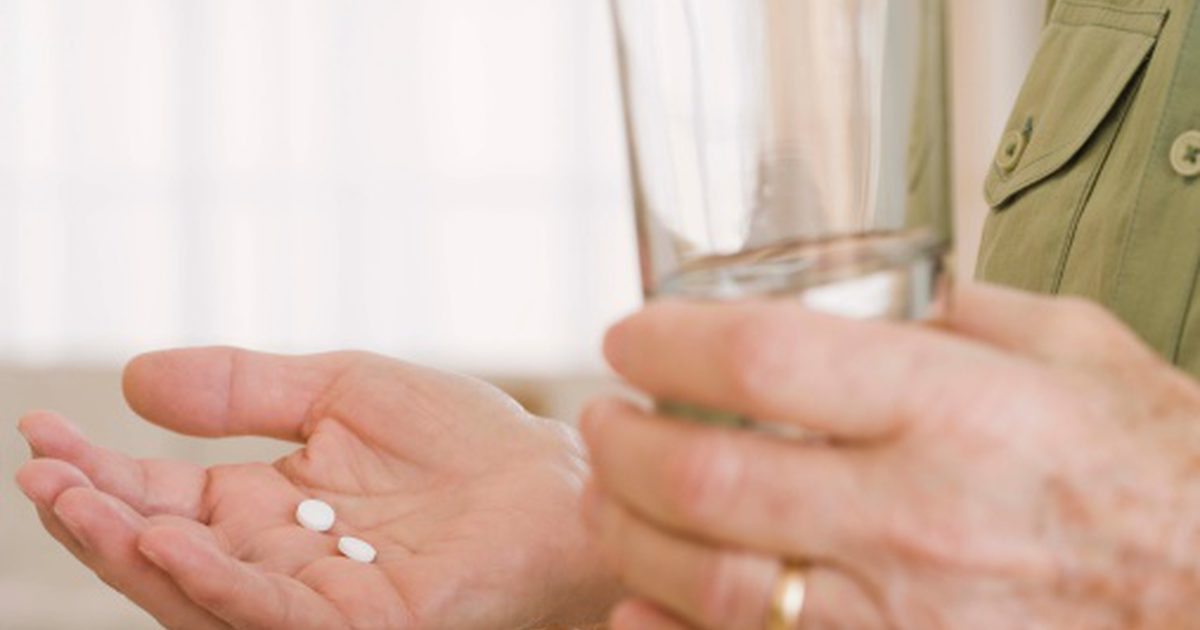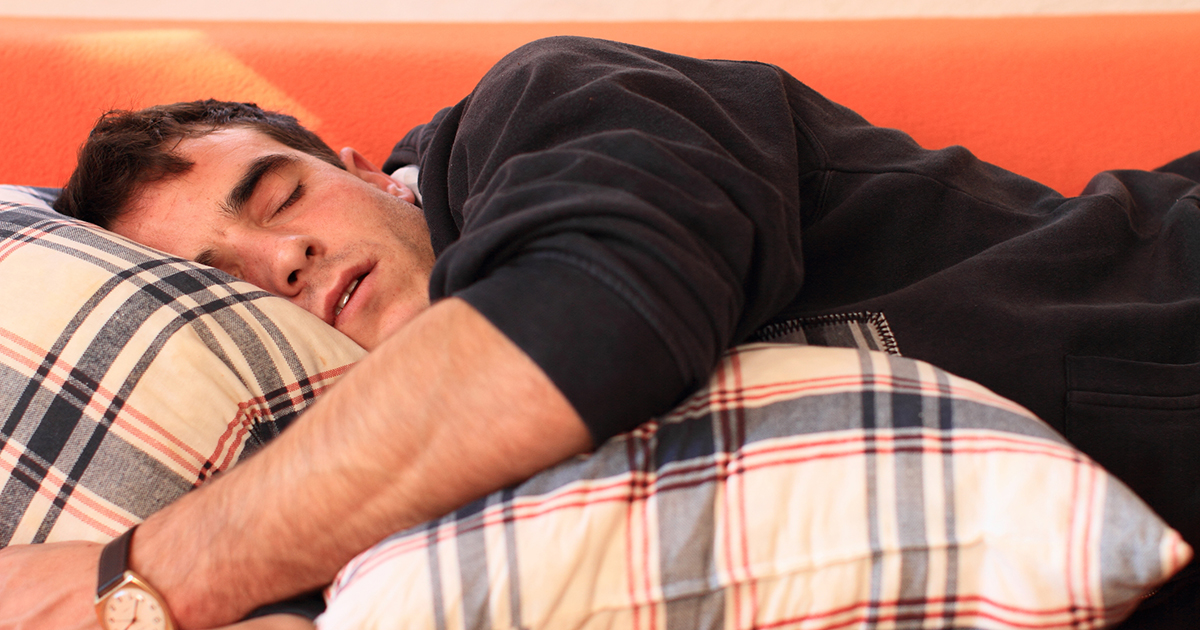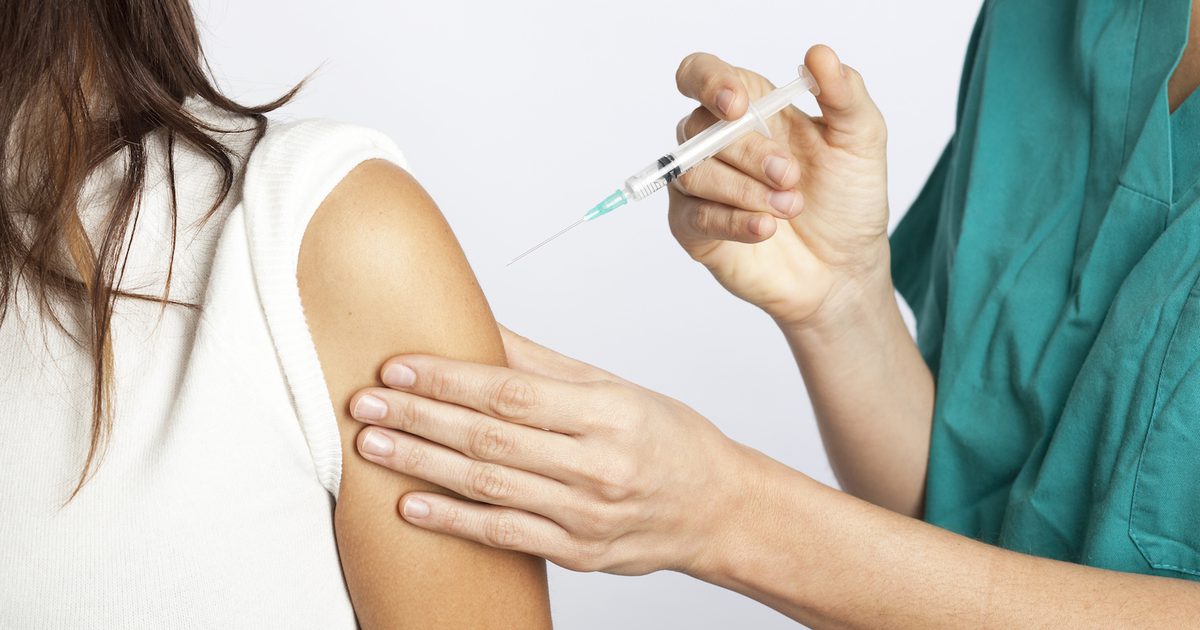How To Treat Yellow Fever
Yellow fever, which is classified as hemorrhagic, is an acute viral disease. It is transmitted by mosquitoes infected with the virus. Cases of this virus are mostly seen in the tropical areas of South and Central America and Africa. It is possible for travelers to contract this virus and bring it home with them. After being bitten by a mosquito, it takes about three to six days for symptoms to develop. These include chills, backache, fever, headaches, and muscles aches. In about fifteen percent of cases, yellow fever can be severe, causing shock, bleeding, and organ failure. Treatment is mostly focused on supportive care since there is not a specific antiviral drug to treat yellow fever. Get to know these treatments now.
Medications

The medications used to treat yellow fever are typically aimed at reducing the specific symptoms patients are experiencing. If a fever develops, the doctor might recommend acetaminophen to help reduce the patient’s temperature. Pain medication may be helpful for individuals who experience headaches and body aches. These usually include acetaminophen or nonsteroidal anti-inflammatory drugs. If nausea and vomiting are particularly bothersome for a patient, doctors often recommend antiemetic medication to reduce these symptoms. Patients will be evaluated as the doctor deems necessary. Depending on their symptoms, the doctor may make dosage changes or add other medication to the regimen to aid with the patient’s symptoms.
Continue reading to reveal the next method for treating yellow fever.
Hospitalization

In severe cases of yellow fever, hospitalization may be necessary to help patients recover. The following symptoms typically indicate a hospital stay is necessary: high fever, bleeding, organ failure, yellow skin, and shock. In the hospital, patients will receive the supportive care necessary to treat these serious effects of yellow fever. The treatments include dialysis for kidney failure, replacing blood lost due to bleeding, providing oxygen and fluids, and treating any secondary infections. In some cases, patients need plasma transfusions to improve clotting by replacing lost blood proteins due to bleeding. Treatments to reduce high fever may also be needed.
Learn about the next strategy for treating yellow fever by reading more now.
Plenty Of Rest

Plenty of rest is imperative for patients with yellow fever. The aches, weakness, and fatigue individuals experience respond best to resting the body and giving it a chance to recover. Patients who do not require hospitalization should still rest at home. Taking time off of work or school and getting help with kids and household chores are typically recommended. By resting, the body can focus on recovering from the virus. Resting can also alleviate the symptoms so patients are more comfortable while they are recovering from yellow fever. How long individuals should rest will be dictated by how quickly they recover from this disease.
Get to know the next option for treating yellow fever now.
Drink Plenty Of Fluids

Fever and vomiting can lead to dehydration for yellow fever patients. Dehydration can be particularly serious for older adults and young children with this disease. In the most severe cases, dehydration can lead to kidney and urinary problems, hypovolemic shock, and seizures. Patients should drink plenty of fluids to prevent these issues. Sipping water throughout the day is the easiest way to prevent low fluid volume in the body. Ideally, individuals should drink enough so they do not experience dry mouth or thirst. Their urine should be pale yellow. If the urine darkens, this typically indicates more fluids are necessary to prevent dehydration.
Continue to reveal a key prevention method for yellow fever.
Vaccination

There is a highly effective vaccine that can prevent individuals from contracting yellow fever. Individuals who are traveling to the areas where this disease is common should be vaccinated. The vaccine, which only requires a single dose, can be given to individuals who are as young as nine months old. Once it is administered, it provides immunity for at least ten years. If someone had the vaccine more than ten years ago but will be in an area where yellow fever is common, they are typically recommended to receive the vaccine booster to ensure adequate protection. Travelers should get the vaccine at least ten days before they go into an area where yellow fever is common. This ensures they have sufficient immunity to protect them against this disease.
